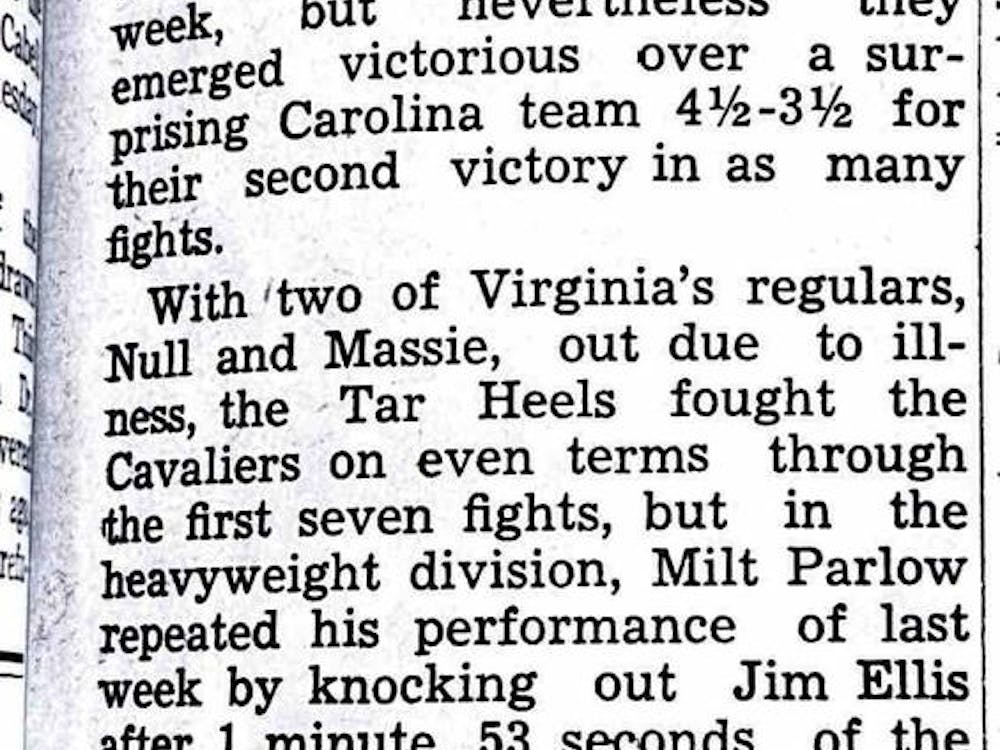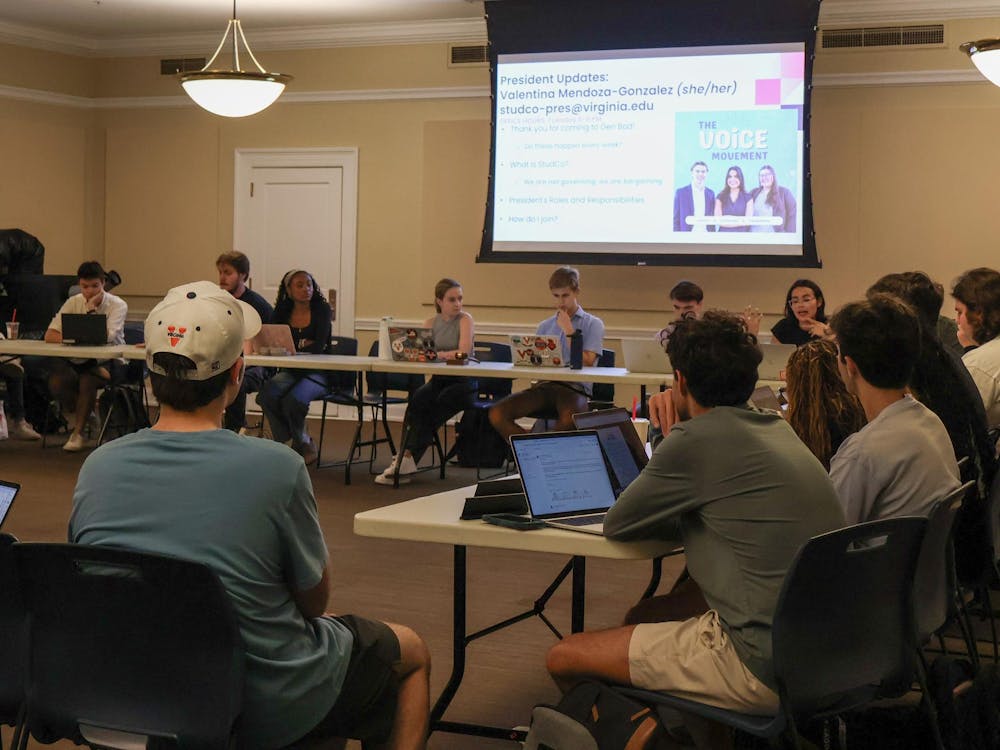In a case with national implications, the Supreme Court on Monday upheld the University of Michigan's right to consider race in admissions, but declared Michigan's system of awarding admission points for race unconstitutional.
The court split its decision on the two raced-based admissions cases. In Grutter v. Bollinger, the court ruled, 5-4, that the University of Michigan Law School's admission's policies were constitutional. The majority opinion in that case said "narrowly tailored use of race in admissions decisions to further a compelling interest in obtaining the educational benefits that flow from a diverse student body" is allowable.
In the other case, Gratz v. Bollinger, the court ruled that Michigan's point system, which awarded 20 points to applicants in underrepresented minorities, violated the Equal Protection Clause. The court said that awarding one-fifth of the points required for admission based solely on race made race a "decisive factor" for all minimally qualified minority applicants. This, the court said, violated the court's decision in Regents of the Univ. of Cal v. Bakke in 1978.
University of Michigan president Mary Sue Coleman called the decision "a tremendous victory for the University of Michigan, for all of higher education, and for the hundreds of groups and individuals who supported us," in a statement Monday.
In a statement, University President John T. Casteen expressed his satisfaction with the court's verdict. "The court has approved admissions practices that appear to be essentially those that we follow," Casteen said. He added that the University would analyze the decision with the General Council to ensure continuing compliance with the law.
Virginia Attorney General Jerry Kilgore said the advice of his office over the last year also was in line with the Supreme Court's decision.
"While there may be some compelling state interest in considering race in college policies, these rulings also make clear that all students, regardless of race, gender, ethic origin or economic background, have an equal opportunity to compete for and receive quality higher education. ... From the outset, we have advised schools that race could not be used as the sole determining factor for college admissions policies or scholarship programs -- indeed, the easiest course of action is to remove race or gender from consideration at all," Kilgore said in a statement Monday.
After review requested by Kilgore and the attorney general's assertion that race-conscious policies violated the Constitution, the Virginia Tech Board of Visitors voted to exclude all consideration of race in admission in March. They rescinded the decision in April. James Madison University's Board of Visitors tabled a similar action earlier this month.
Virginia Tech's current policies are "likely in compliance with the court's most recent decision," Virginia Tech president Charles W. Steger said in a statement following the court's announcement.
Since the Virginia Tech restored its race-conscious policy, it has altered 16 programs exclusive to blacks. The school has not decided to re-examine those programs in light of Monday's decision.
The University has no immediate plans to change its programs in response to Kilgore's earlier statements or the court's decision. The University does review its programs through its general council as part of a normal evaluation process, said University spokesperson Carol Wood.
"We feel confident that all of our programs are in compliance," Wood said.
Although race-conscious programs are admissible now, the court indicated that such programs would not be needed indefinitely.
"The Court expects that 25 years from now, the use of racial preferences will no longer be necessary to further the interest approved today," Justice Sandra O'Connor wrote in the majority opinion of the court in the law school case.
Law School Dean John Jeffries agreed.
"The case for taking race into account is necessity," Jeffries said. "Everyone hopes that eventually this will be unnecessary. How long that takes is anyone's guess."





